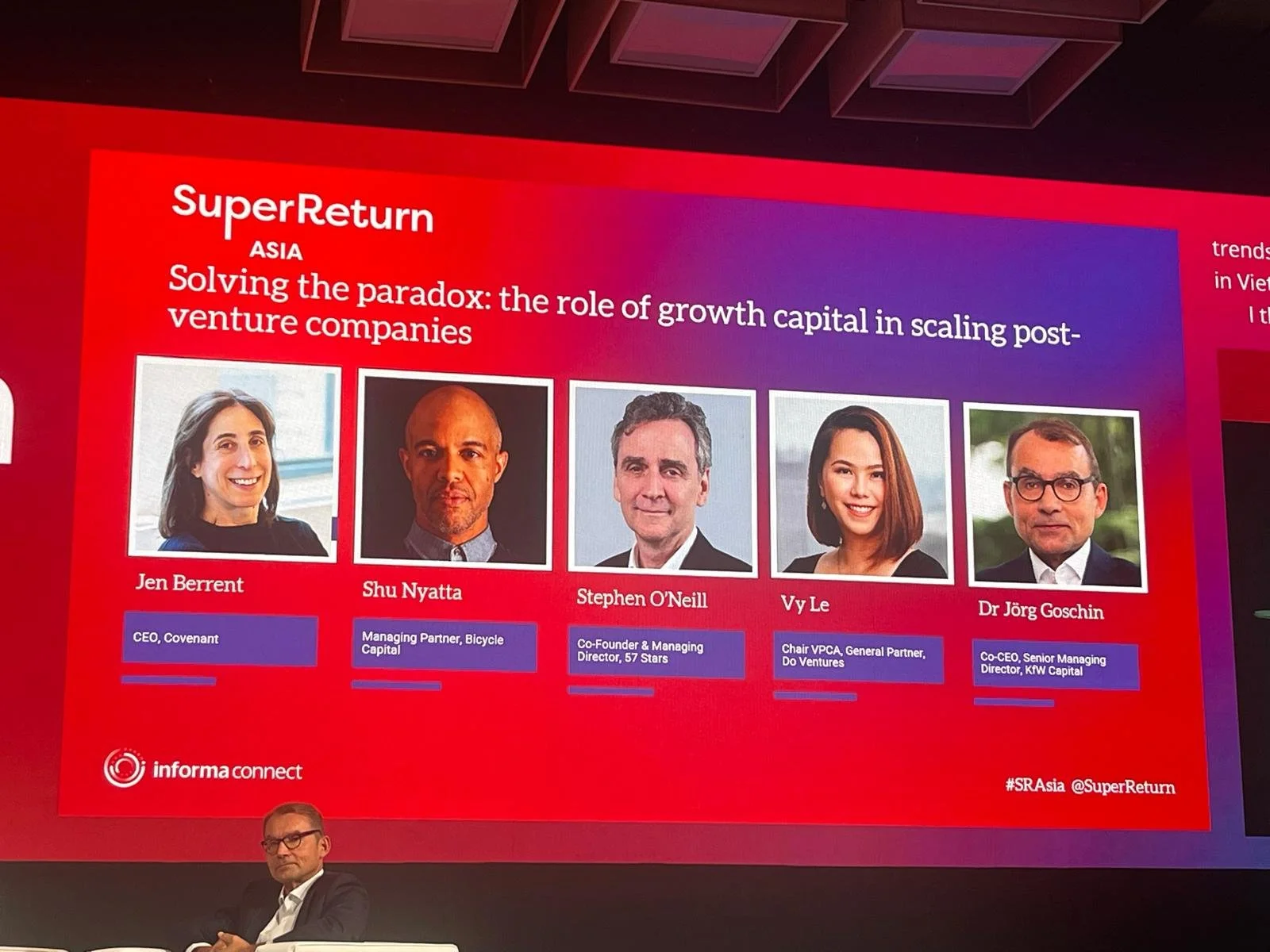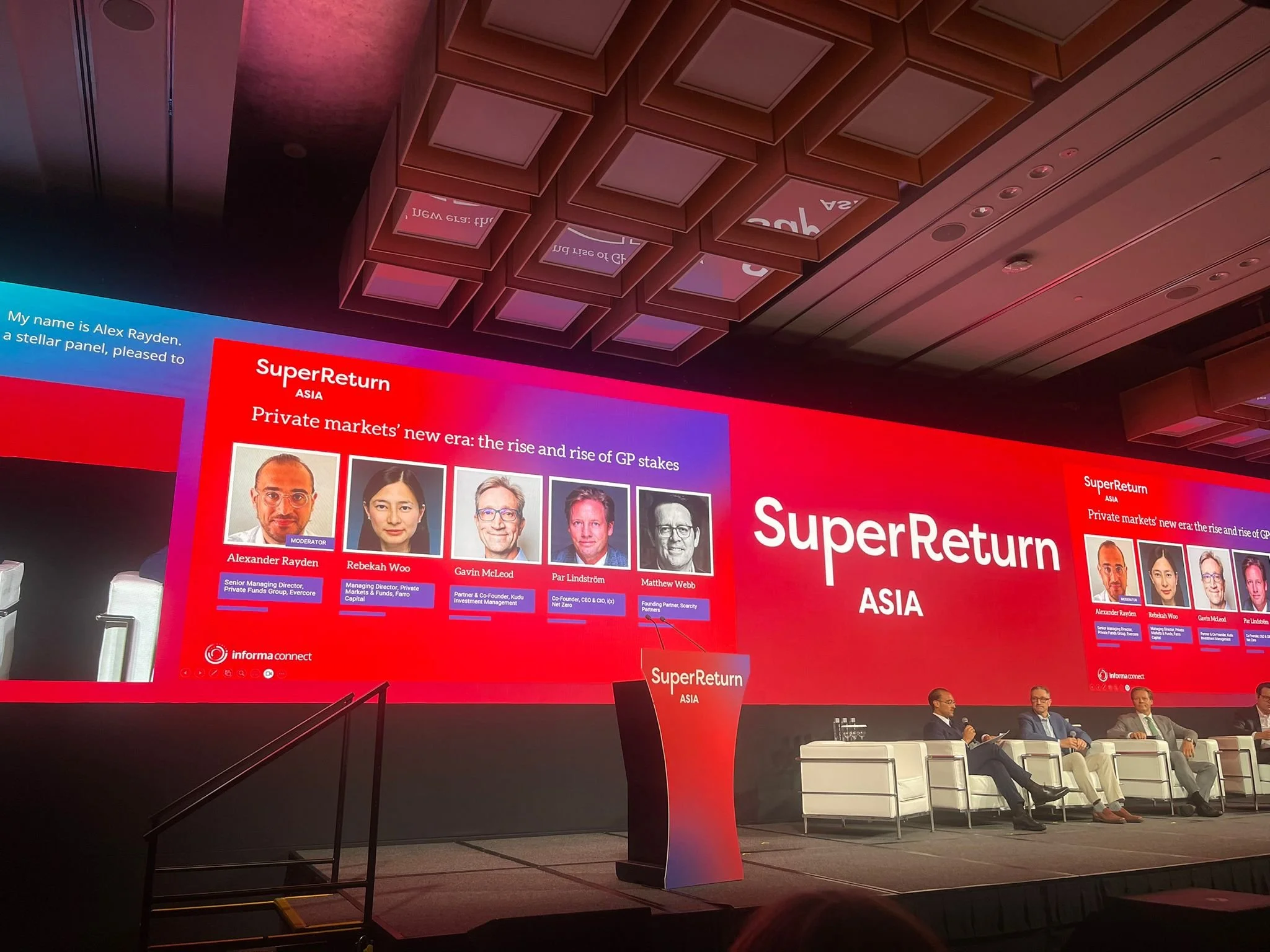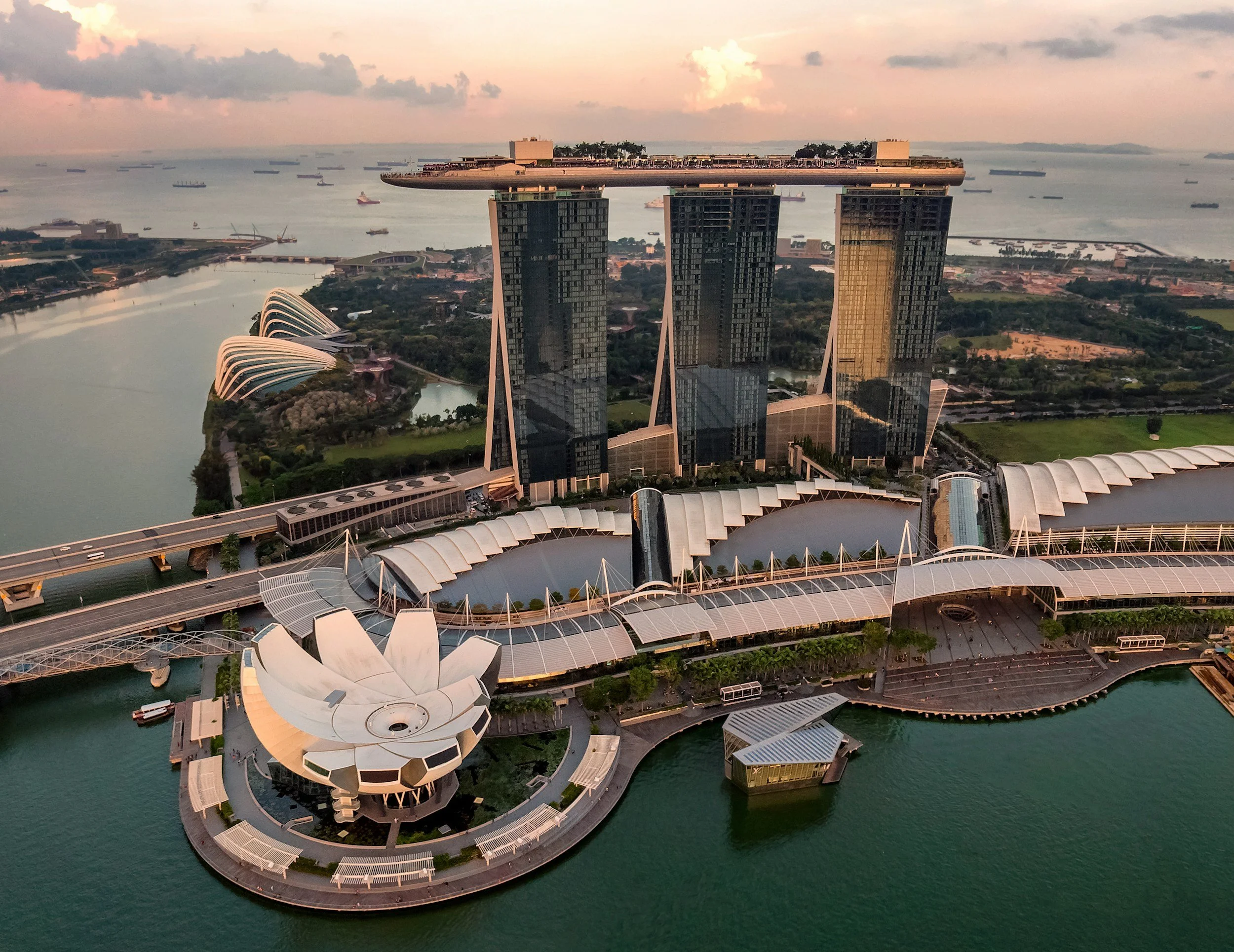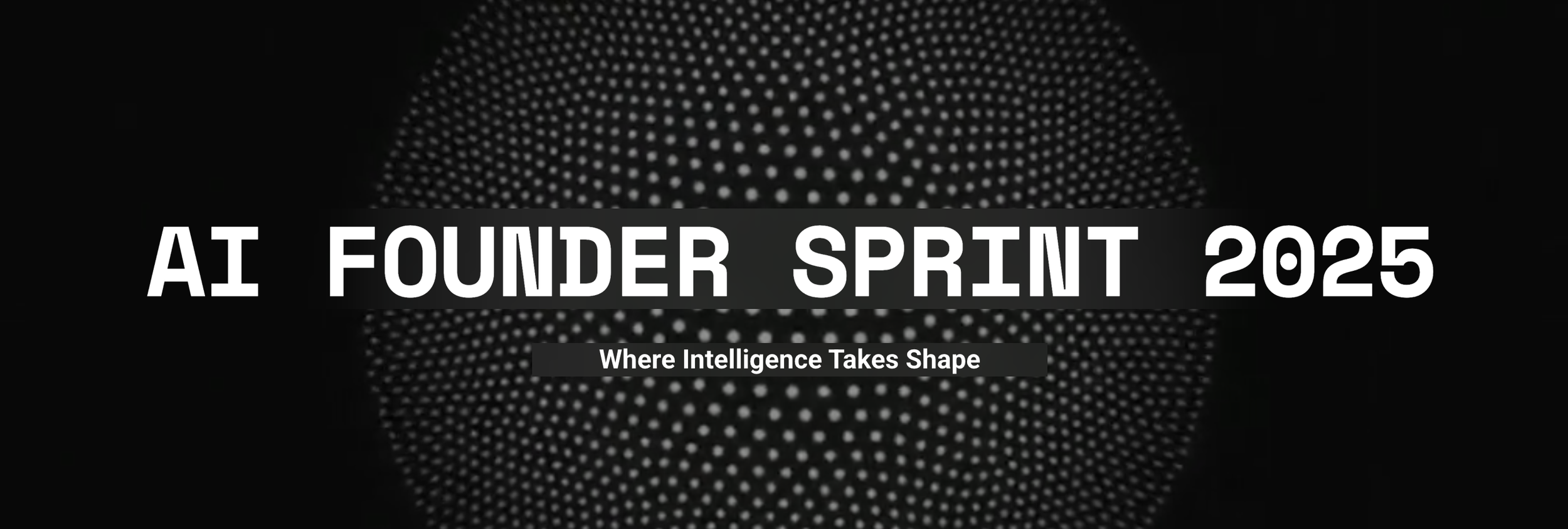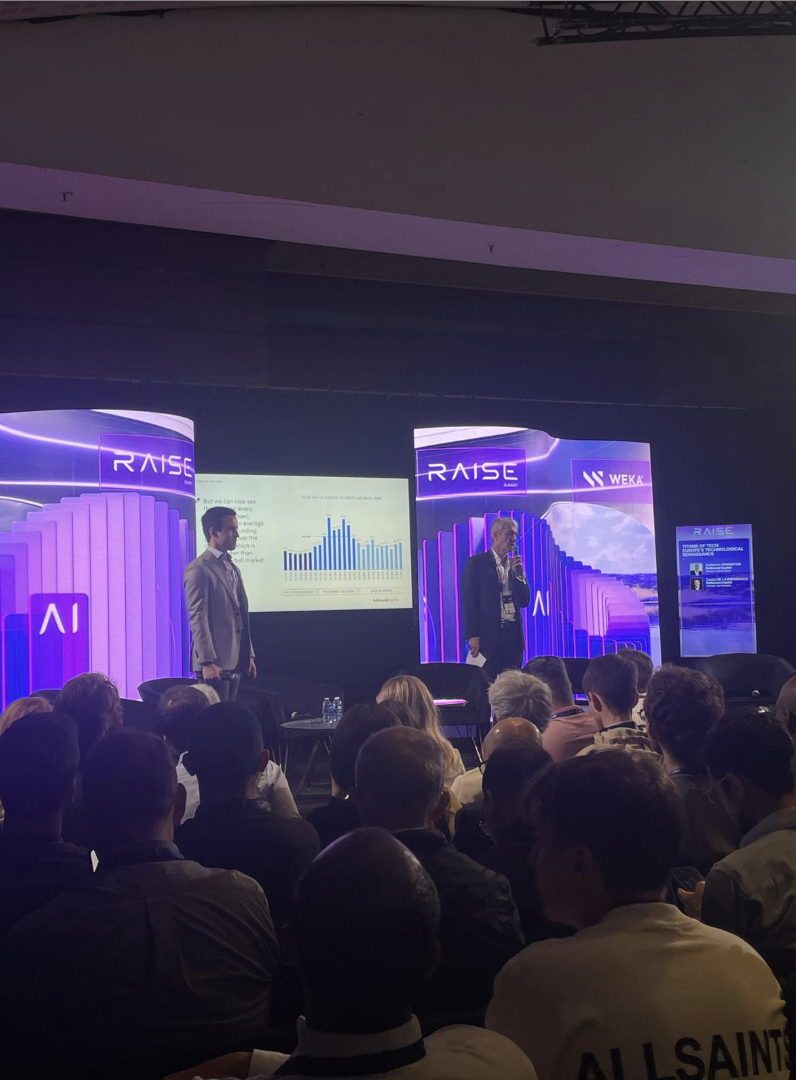Introduction
On February 10-11, 2025, Paris once again proved its mettle as a global hub for innovation by hosting the highly anticipated AI Action Summit 2025. This international event brought together a diverse array of participants, including heads of state, government officials, leading researchers, industry titans, and civil society representatives. The summit was designed not only to showcase technological advancements in artificial intelligence (AI) but also to foster rigorous discussions on the ethical, social, and economic implications of this transformative technology.
As AI continues to reshape the way we work, live, and interact, the summit provided a critical platform for stakeholders to outline strategies that ensure AI development remains aligned with universal values, promotes sustainability, and benefits society as a whole.
France as a Pioneer in AI
France has emerged as one of the world's leading nations in AI innovation, thanks to a robust national strategy that was set in motion in 2018. This strategy, underpinned by significant public and private investments, has seen the country develop a vibrant ecosystem of over 600 AI-focused startups, cutting-edge research facilities, and state-of-the-art computational infrastructure including the Jean Zay and Alice Recoque supercomputers.
In addition, France’s proactive diplomatic engagement in international AI initiatives has further solidified its position on the global stage. By hosting the AI Action Summit, France not only showcased its technological prowess but also emphasized its commitment to creating a balanced global framework for AI governance.
Strategic Pillars of the Summit
The AI Action Summit 2025 was structured around five key strategic pillars, each addressing vital aspects of AI development and deployment:
1. AI in Public Services
One of the most significant topics discussed was the application of AI in public services. Delegates explored how AI can streamline administrative processes, enhance healthcare delivery, and transform educational systems. Case studies were presented demonstrating successful AI integrations in public infrastructure that resulted in improved efficiency, reduced costs, and better citizen engagement.
For instance, several European cities are now utilizing AI-driven analytics to optimize traffic flow and manage public transportation systems, leading to reduced congestion and a lower environmental footprint. Furthermore, AI is being used to personalize healthcare services, enabling earlier diagnosis and more tailored treatments for patients.
2. The Future of Work with AI
The advent of AI technologies has prompted deep reflections on the future of work. Participants debated how automation and AI-driven processes could reshape labor markets. While some experts celebrated the potential for AI to create new job opportunities in tech-driven sectors, others warned of the risks of job displacement in traditional industries.
Key discussion points included:
The necessity for robust reskilling and upskilling programs to prepare workers for a digitally transformed economy.
Strategies for mitigating workforce displacement and ensuring that technological benefits are shared equitably.
The importance of fostering an inclusive work environment where AI augments human capabilities rather than replaces them.
3. Innovation and Culture
AI is not solely a tool for economic growth; it also has profound implications for culture and creativity. The summit showcased initiatives where AI intersects with art, music, and literature, sparking innovative collaborations between technology and the creative industries.
Sessions delved into topics such as:
The emergence of AI-generated art and its challenge to traditional creative paradigms.
How machine learning algorithms are being employed to restore, preserve, and reimagine cultural heritage.
The potential for AI to create new forms of interactive media that enhance cultural expression and community engagement.
4. Trust and Security in AI
Building trust in AI systems is essential for their widespread adoption. A significant portion of the summit was devoted to discussing how to ensure that AI technologies are transparent, secure, and ethical. Delegates examined regulatory frameworks and industry standards with the goal of establishing guidelines that both protect citizens and promote innovation.
Important issues included:
The ethical dimensions of algorithmic decision-making and the need for transparency in AI processes.
Data privacy concerns in an era of mass data collection and analysis.
Cybersecurity measures necessary to protect AI systems from external threats and malicious interference.
5. Global AI Governance
Perhaps one of the most challenging topics was the need for a unified approach to AI governance on a global scale. The summit underscored the importance of international cooperation in setting standards that govern AI development. Participants agreed that a multilateral approach is essential to address cross-border challenges, such as security risks, economic disparities, and the protection of individual rights.
Critical questions addressed included:
How to balance regulation with the need for continued innovation.
The mechanisms for harmonizing diverse national policies on AI.
Strategies to prevent an AI arms race while ensuring that technological advancements benefit humanity.
International Debates and Diverging Perspectives
While the majority of participating nations endorsed the Paris Declaration on Inclusive and Sustainable AI, some significant powers voiced reservations. The United States and the United Kingdom chose not to sign the declaration, arguing that its provisions could lead to overregulation and hinder innovation. U.S. Vice President JD Vance, in particular, warned that stringent controls might impede the competitive edge of American AI, stressing that freedom from ideological bias was essential for progress.
This divergence highlights a broader global debate between nations prioritizing rapid technological advancement and those advocating for tighter regulatory oversight. Meanwhile, countries like China and India demonstrated a willingness to engage with a multilateral framework, with India even set to host the next summit, signaling its rising influence in global AI governance.
Economic Implications and the Role of Foreign Investment
Economic strategies were a central theme at the summit. French President Emmanuel Macron unveiled plans for a substantial investment initiative, proposing a €109 billion infusion into the AI sector. This ambitious plan is designed to bolster AI research and development while fostering public-private partnerships. However, it also sparked debate over the implications of relying heavily on foreign capital, with investments coming from sources in the UAE, Canada, and China.
Critics argue that while such investments can accelerate technological progress, they also raise concerns about national sovereignty and control over critical AI infrastructure. This issue was contrasted with similar initiatives in other countries, such as the U.S. “Stargate” program, which aims to concentrate investment within national borders. The discussion underscored a fundamental tension: how to balance global financial support with the need to maintain strategic autonomy.
Environmental Considerations in AI Development
The environmental impact of burgeoning AI technologies was another focal point. As AI systems require significant computational power, energy consumption and its associated carbon footprint have become pressing issues. Delegates explored innovative solutions to reduce the environmental impact of data centers and high-performance computing facilities.
French President Macron stressed the importance of integrating “low-carbon energy” solutions into AI infrastructure. France’s emphasis on nuclear power as a stable, clean energy source serves as a model for sustainable technological advancement. This commitment to environmental stewardship is crucial for ensuring that the rapid expansion of AI does not come at the expense of our planet.
The Societal Impact of AI
Beyond its technological and economic dimensions, AI has profound societal implications. The summit provided a forum to explore how AI can address global challenges, from improving healthcare systems to combating climate change. Panel discussions highlighted the potential for AI-driven solutions to revolutionize public health by enabling more accurate diagnostics and personalized treatments. Similarly, in education, AI tools are being leveraged to create more engaging and accessible learning experiences, particularly for underserved communities.
These discussions reiterated that the true value of AI lies not just in its ability to drive economic growth but also in its capacity to improve quality of life on a global scale.
In-Depth Analysis of Key Sessions and Workshops
Throughout the two-day summit, various sessions offered deep dives into specific areas of AI development:
Workshops on Algorithmic Transparency and Data Ethics: These sessions provided hands-on opportunities for participants to engage with experts, discussing the technical and moral challenges of ensuring unbiased and ethical AI systems.
Panel Discussions on the Future of Work: Industry leaders, policymakers, and labor representatives debated the transformative effects of AI on employment. The consensus underscored the necessity of continuous education and proactive policy measures to ensure that the workforce can adapt to changing technological landscapes.
Interactive Demonstrations and Case Studies: Live demonstrations of AI applications in public services, healthcare, and urban management showcased the practical benefits of AI, reinforcing its potential to transform everyday life.
Conclusion
The AI Action Summit 2025 in Paris was far more than a mere conference—it was a convergence of ideas, aspirations, and pragmatic solutions aimed at shaping the future of artificial intelligence. The summit underscored the necessity of a balanced approach that harmonizes technological innovation with ethical oversight, economic development with environmental sustainability, and national interests with global cooperation.
As the world continues to grapple with the rapid pace of AI advancement, the insights and commitments forged in Paris will serve as a crucial roadmap for policymakers, industry leaders, and researchers alike. The forthcoming edition in India promises to further expand this dialogue, ensuring that the journey towards a more inclusive, responsible, and sustainable AI future remains a truly global endeavor.
In a rapidly evolving digital era, the AI Action Summit stands as a testament to our collective capacity to innovate responsibly and to build a future where technology serves the greater good.


